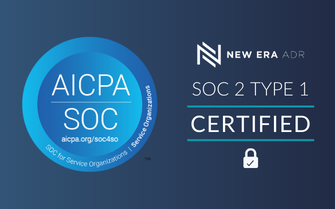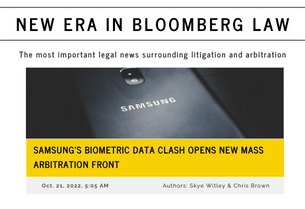
Cannabis has recently been in the news for a multitude of health benefits. This uplifting news is great for an industry that is made up of many vendors working together to cultivate, manufacture, distribute and sell cannabis. However, because so many parties are involved at multiple points in the product lifecycle, it is inevitable that disputes will arise in the supply chain.
To illustrate how many parties are involved, we’ve summarized the general stages of cannabis production. The cultivation phase involves: (a) seed; (b) seedling; (c) vegetative; (d) flowering; and (e) harvesting. Then comes the preparation phase which includes: (a) drying; (b) testing; (c) processing and extraction; and (d) packaging and labeling. The final stage involves the distribution of the product to retail dispensaries. At each phase, there are transactions, agreements and compliance obligations, all of which have the potential to result in disputes or full-blown litigation.
While cannabis is often associated with wellness and healing, disputes can cause the opposite effects, causing stress and creating an expensive and time-consuming distraction, particularly if a dispute is handled in court. This observation is not meant to fault the court system; in many cases it is simply the result of limited resources and bandwidth. For example, a judge may have hundreds of cases on their docket at any moment, which means they may handle 20-30 hearings per workday. They are not focused on any one particular type of case, which means there is typically a re-learning process every time cannabis appears on their docket.
Additionally, process and procedure abound in court, which means everything must be done in a structured and chronological fashion. For the full duration of the case, attorneys will likely bill hourly for their services.
Further, court proceedings are also matters of public record. Whether this is a positive or a negative may differ based on the eye of the beholder, but the reality remains that anyone can get access to court records and publish the information.
Finally, in federal court, the Controlled Substances Act (CSA) may actually dictate that the case be dismissed as numerous courts have ruled they cannot adjudicate cases that seek lost profits that are barred by the CSA.
In contrast, arbitrators typically have a much lighter caseload as they are not assigned cases, but instead accept them as their schedule allows. As such, they can devote substantial time and attention to a particular case and really learn the nuances. They may even be experts in the particular area of the law which is very attractive in a nascent industry like cannabis that has constantly fluctuating regulation. Process and procedure is also more relaxed in arbitration, particularly in some of the more progressive forums. Arbitration hearings are also confidential, meaning that the proceedings and ensuing result are not available to the public.
Notably, arbitrations can be expensive as you will be paying for the arbitrator’s time in addition to attorneys’ fees, if you are using an attorney. But the efficiencies provided by arbitration often dictate that your total out-of-pocket cost remains lower given that you can get in and out of the proceeding expeditiously.
So how do you ensure that you can arbitrate a case as opposed to litigating in court? It’s simple, actually, you simply need a carefully crafted arbitration clause in your agreements. It should be included in agreements with all vendors at all stages of the product’s lifecycle to ensure that, no matter where or why the dispute arises, it can be handled quickly and expeditiously. Do not simply assume that the counterparty will agree to arbitrate. It cannot be understated how important it is to have clear arbitration provisions if you wish to benefit from this alternative forum. Learn more about incorporating provisions into your terms.




